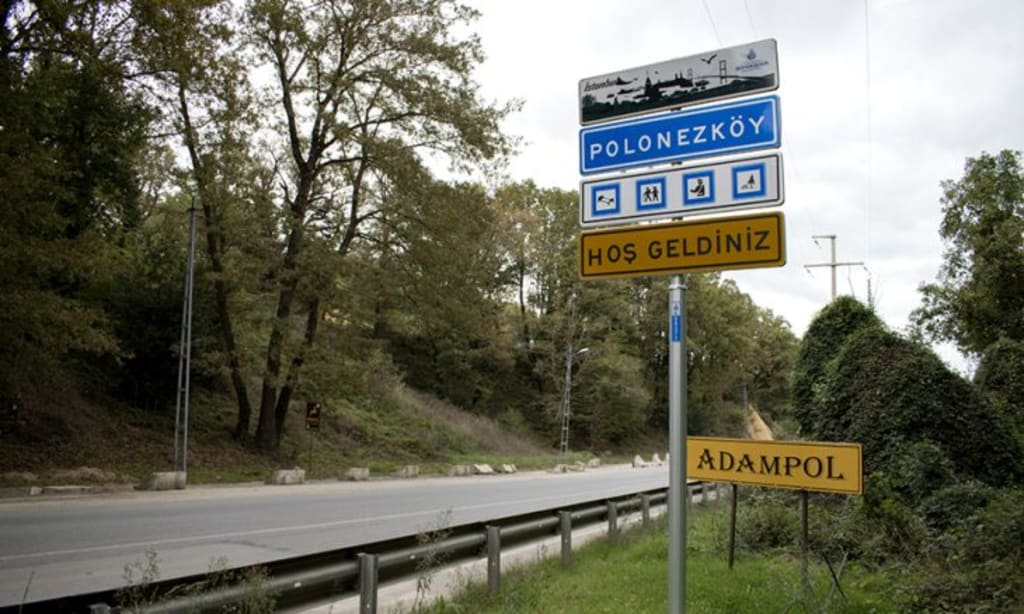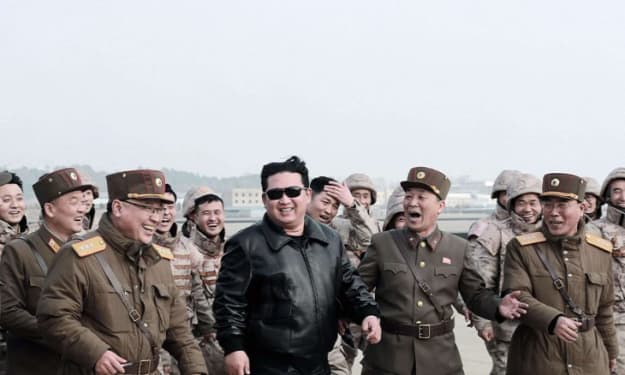The Poles Village in Istanbul
Istanbul is one of the largest Turkish cities for immigrants since ancient times. Many neighborhoods of Istanbul today have become like ghetto centers,

Istanbul is one of the largest Turkish cities for immigrants since ancient times. Many neighborhoods of Istanbul today have become like ghetto centers, due to immigration from abroad. For example, Afghans live heavily in Zeytinburnu neighborhood, Bosniaks in Bayrampasa neighborhood, Albanians in Alibeykoy and Eyup neighborhoods, Arabs in Beylikduzu and Esenyurt neighborhoods, Europeans in Ortakoy and Bebek neighborhoods, and Africans in Beyoğlu neighborhood.
The last period of the Ottoman Empire witnessed a great migration from the Balkans and the Caucasus to the Ottoman lands. The immigrant population from these areas built villages on the outskirts of Istanbul, and named them after them. The area to which the Circassians migrated extensively was called Sharkaskoy (village), and the area to which the Arnavut (people of Albania) migrated extensively was called Arnavutkoy. The area to which Bosniaks immigrated in abundance is named after Gazi Osman Pasha, who fought for a long time to protect the Balkan peoples. To this day, this area is known as Gazi Osman Pasha.
One of the most noticeable areas in Istanbul is Polonizkoy, which is heavily inhabited by Poles. There were large migrations towards the lands of the Ottoman Empire, in its last period, from Poland, Ukraine, Lithuania, Russia and neighboring countries. The alleys in the Taksim area, in which Arabs roam heavily today, were crowded with Russian and Western immigrants. The Beyoğlu neighborhood is still known as the “Latin Shawam” or “Eastern” neighborhood to this day, in relation to the Hungarians, Romans, Italians, Russians and Spaniards who lived there many years ago. Located within the boundaries of Beykoz district in Istanbul, Polonizkoy is one of the important symbols of Polish-Turkish friendship. The Kingdom of Poland was one of the important allies of the Ottoman Empire in the seventeenth century. It included in that era countries such as Poland, Lithuania, Belarus and Ukraine. When the Kingdom of Poland was dissolved by Tsarist Russia in the eighteenth century, a large number of its people immigrated to the lands of the Ottoman Empire, which was its close ally. With the increasing number of Poles residing in an important site on the Bosphorus in Istanbul, the Ottomans called this site Polonizkoy. At that time, many Polish engineers, doctors and officers settled in Istanbul, and these important figures also showed great effort in the European and modernization of the Ottoman Empire. Joseph Bem, known as a great hero to the Poles and Hungarians, was known as "Murad Pasha" in the Ottoman Empire, and he went to Aleppo after suppressing the popular movement in Hungary between 1848-1849, to establish a refinery and a gunpowder factory there. At that time, many Polish engineers, doctors and officers settled in Istanbul, and these important figures also showed great effort in the European and modernization of the Ottoman Empire. Joseph Bem, known as a great hero to the Poles and Hungarians, was known as "Murad Pasha" in the Ottoman Empire, and he went to Aleppo after suppressing the popular movement in Hungary between 1848-1849, to establish a refinery and a gunpowder factory there. At that time, many Polish engineers, doctors and officers settled in Istanbul, and these important figures also showed great effort in the European and modernization of the Ottoman Empire. Joseph Bem, known as a great hero to the Poles and Hungarians, was known as "Murad Pasha" in the Ottoman Empire, and he went to Aleppo after suppressing the popular movement in Hungary between 1848-1849, to establish a refinery and a gunpowder factory there.
Many important Western figures who immigrated to the Ottoman lands and converted to Islam, later occupied very important positions, among them Jean Kerdag (Said Bey), who was the ambassador of Sultan Suleiman the Magnificent.. And Joachim Stasze (Ibrahim Bey) was the translator of the Ottoman palace, as well as Wjesek Bobogoski (Ali Bey) is one of the important translators, and he also had works in the fields of music and painting.. Ali Bey composed Turkish music in a European style for the first time, and the famous Polish writer Mikhat Zykowski (named after Muhammad Sadiq Pasha) served as a regiment commander in many wars, and took over His son, Vladislav, who was later named Muzaffar Pasha, is the governor of Lebanon. Among the Polish personalities who also assumed duties in the army and bureaucracy of the Ottoman Empire, were Anthony Ilinsky (Iskander Pasha), Wladyslaw Koselski (Safar Pasha), Zygmunt Freund (Mahmoud Hamdi Pasha), Syorin Belinky (Nihat Pasha), and Felix Brynsky (Shahin Pasha).
summary of speech; All empires founded by Muslims, not only the Ottoman Empire, helped the oppressed peoples who migrated from abroad, and often protected minorities within their lands, but even opened the doors of their management, not only protecting them. Is there a better example of democracy and solidarity in history than this? Mustafa Jalal al-Din Pasha (Constanty Borzeki), grandfather of the famous Turkish poet Nazim Hikmet, is also of Polish origin. Nazim Hikmat used to say that he resembled his grandfather, from whom he took the color of his blonde hair and blue eyes.





Comments
There are no comments for this story
Be the first to respond and start the conversation.